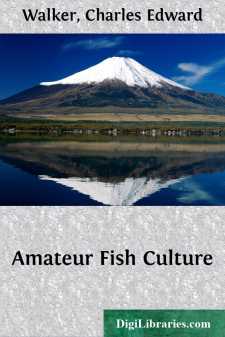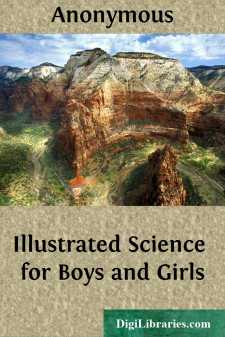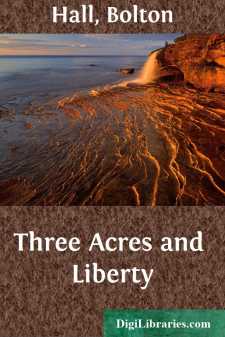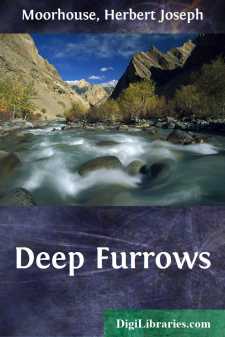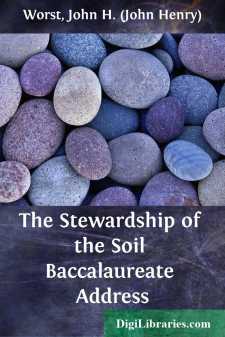Technology & Engineering
Technology & Engineering Books
Sort by:
Introduction This report has been undertaken for a special reason. It is to explain to the taxpayer just why so many of his dollars are going into the American effort to explore space, and to indicate what he can expect in return which is of value to him. Such an explanation, even after 2 years of relatively high-geared activity in the space exploration field, appears to be warranted. There is still a...
more...
INTRODUCTORY It was at Mons in the third week of the Great War. The grey-green German hordes had overwhelmed the greater part of Belgium and were sweeping down into France whose people and military establishment were all unprepared for attack from that quarter. For days the little British army of perhaps 100,000 men, that forlorn hope which the Germans scornfully called "contemptible," but...
more...
CHAPTER I INTRODUCTORY Fish culture of a certain kind dates from very early times, but its scientific development has only come about quite recently. Most people know that in our own country the monks had stew ponds, where they kept fish, principally carp, and also that the Romans kept fish in ponds. In the latter case we hear more often of the eel than of other fish. The breeding of trout and salmon,...
more...
by:
Anonymous
HOW NEWSPAPERS ARE MADE. We will suppose that it is a great newspaper, in a great city, printing daily 25,000, or more, copies. Here it is, with wide columns, with small, compact type, with very little space wasted in head lines, eight large pages of it, something like 100,000 words printed upon it, and sold for four cents—25,000 words for a cent. It is a great institution—a power greater than a...
more...
HISTORY OF FARMINGThe Land and the People From the most southern point of Ontario on Lake Erie, near the 42nd parallel of latitude, to Moose Factory on James Bay, the distance is about 750 miles. From the eastern boundary on the Ottawa and St Lawrence Rivers to Kenora at the Manitoba boundary, the distance is about 1000 miles. The area lying within these extremes is about 220,000 square miles. In 1912...
more...
INTRODUCTION Students of economics know that the roundabout methods of capitalistic production are far more fruitful than the direct methods of the primitive economy. As we advance, we introduce new intermediaries between the beginning and the end of production. This thought occurs to one in the study of Americanization. If we would Americanize the immigrant we must seek him out in his daily economic...
more...
Mr. President, and Members of the "Central Mich. Ag'l Society:" Ladies and Gentlemen: Remote from the theatre of action in the late rebellion, Michigan has experienced comparatively few of the evils that followed immediately in its path. The usual pursuits of peaceful life, were here scarcely disturbed, and by the permission of a Gracious Providence, the industry of the inhabitants of our...
more...
by:
Bolton Hall
FOREWORD We are not tied to a desk or to a bench; we stay there only because we think we are tied. In Montana I had a horse, which was hobbled every night to keep him from wandering; that is, straps joined by a short chain were put around his forefeet, so that he could only hop. The hobbles were taken off in the morning, but he would still hop until he saw his mate trotting off. This book is intended...
more...
FOREWORD Once in awhile, maybe, twenty-five or thirty years ago, they used to pack you off during the holidays for a visit on Somebody's Farm. Have you forgotten? You went with your little round head close clipped till all the scar places showed white and you came back with a mat of sunbleached hair, your face and hands and legs brown as a nut. Probably you treasure recollections of those boyhood...
more...
Our ambitious young commonwealth, in conjunction with other states comprising the great Northwest, occupies a commanding position in the industrial and economic affairs of this nation. Mines of gold and silver or forests primeval North Dakota does not have; but from the millions of fertile acres comprising our vast agricultural empire, we may reap a golden harvest every year that will exceed in wealth...
more...




